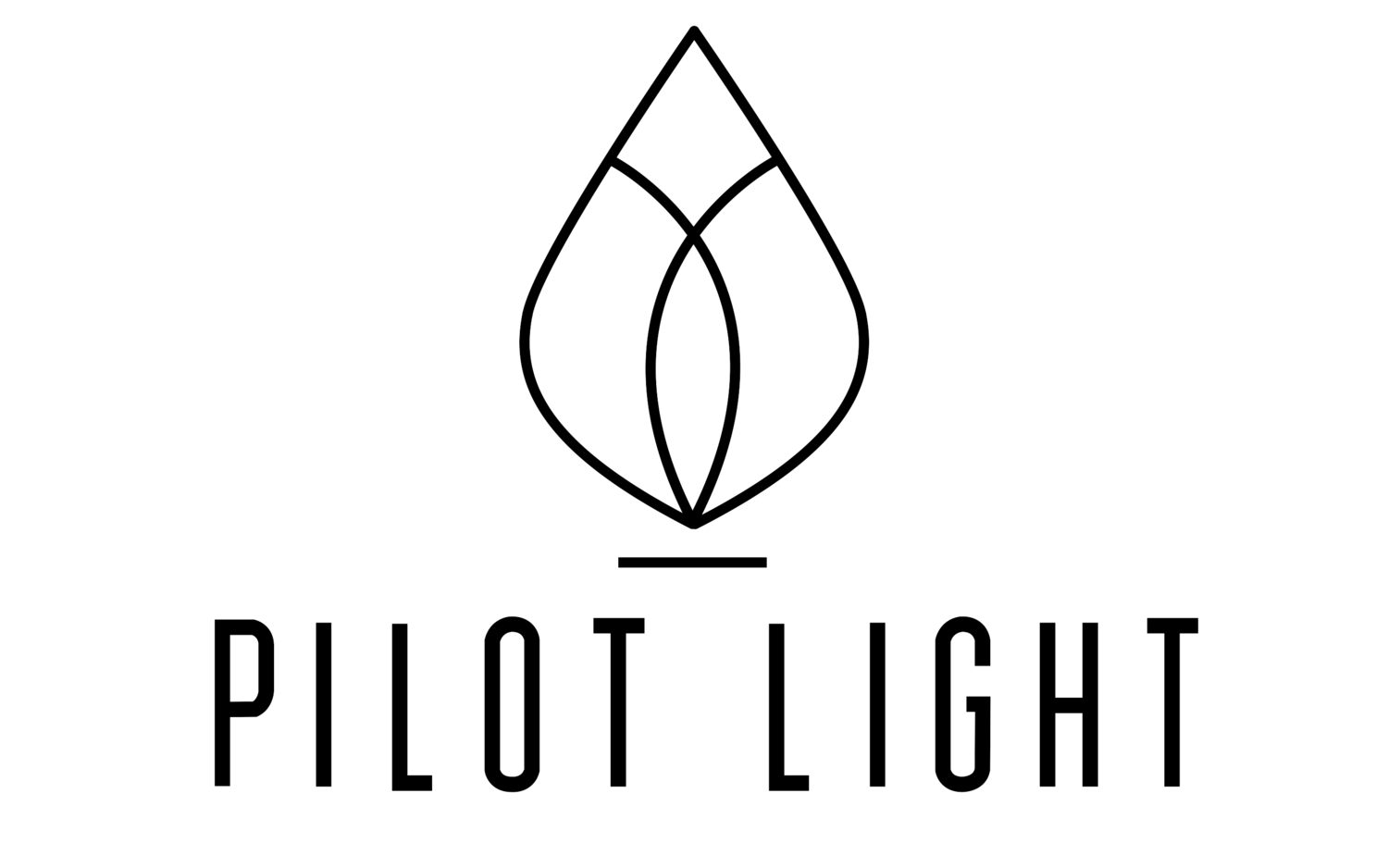Boundaries – clear is kind by Zoë Coyle
Only in adulthood have I recognised the importance of boundaries. I grew up in a beautiful but also enmeshed relationship with my mother. For those of you that don’t know what that means, and I had to have it spelt out to me by a therapist and my husband; enmeshment is a description of a relationship in which personal boundaries are permeable and unclear. This often happens on an emotional level in which two people ‘feel’ each other’s emotions.
Those in enmeshed relationships are often the last to see it. Oh, the hilarity that our blind spots are just so very blind. But with awareness, you, I, we, can start to recognise some of the signs:
1. If you cannot tell the difference between your own emotions and those of a person with whom you have a relationship. (For example, if they feel anxious, you feel anxious too. Let me tell you, this is utterly exhausting)
2. If you feel like you need to rescue someone from their emotions. (I still battle with this one. Particularly with my children. Learning how to empathise rather than sympathise and hold the space rather than rush in and try to fix, has been a steep learning for me)
3. If you feel like you need someone else to rescue you from your own emotions. (I know this isn’t healthy, but it still sounds lovely to me. That said I have trained myself to sit in the discomfort when it arises and to meditate, exercise or observe my own way through. I am responsible for myself, and I am capable of rescuing myself)
4. If you and another person do not have any personal emotional time and space.
Dr Brené Brown’s research has made clear that the most wholehearted people among us have one thing in common. Guess what it is? They’re boundaried up to the gunnels. These people know when they end, and everyone else begins. They know what is ok for them and what is not ok for them. And they are not afraid to put those boundaries in place. As Brené says: ‘Clear is kind. Unclear is unkind.’ She also states: ‘Sometimes speaking the truth feels like we are being unkind, especially when sharing difficult information or feedback. But in reality, dancing around the truth is unkind. When we avoid stating the truth – when we are vague or ambiguous under the guise of being kind – it is often because we are trying to lessen the discomfort for ourselves, not for the other person.’
And as my therapist once said to me ‘Zoe, how can you ever truly say ‘yes’ if you don’t know how to correctly say ‘no’.

